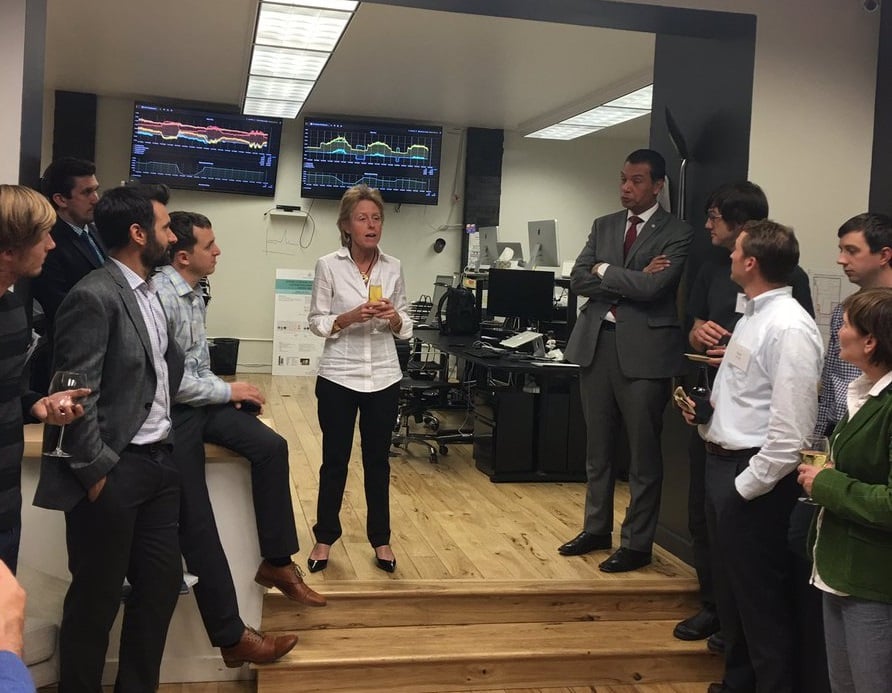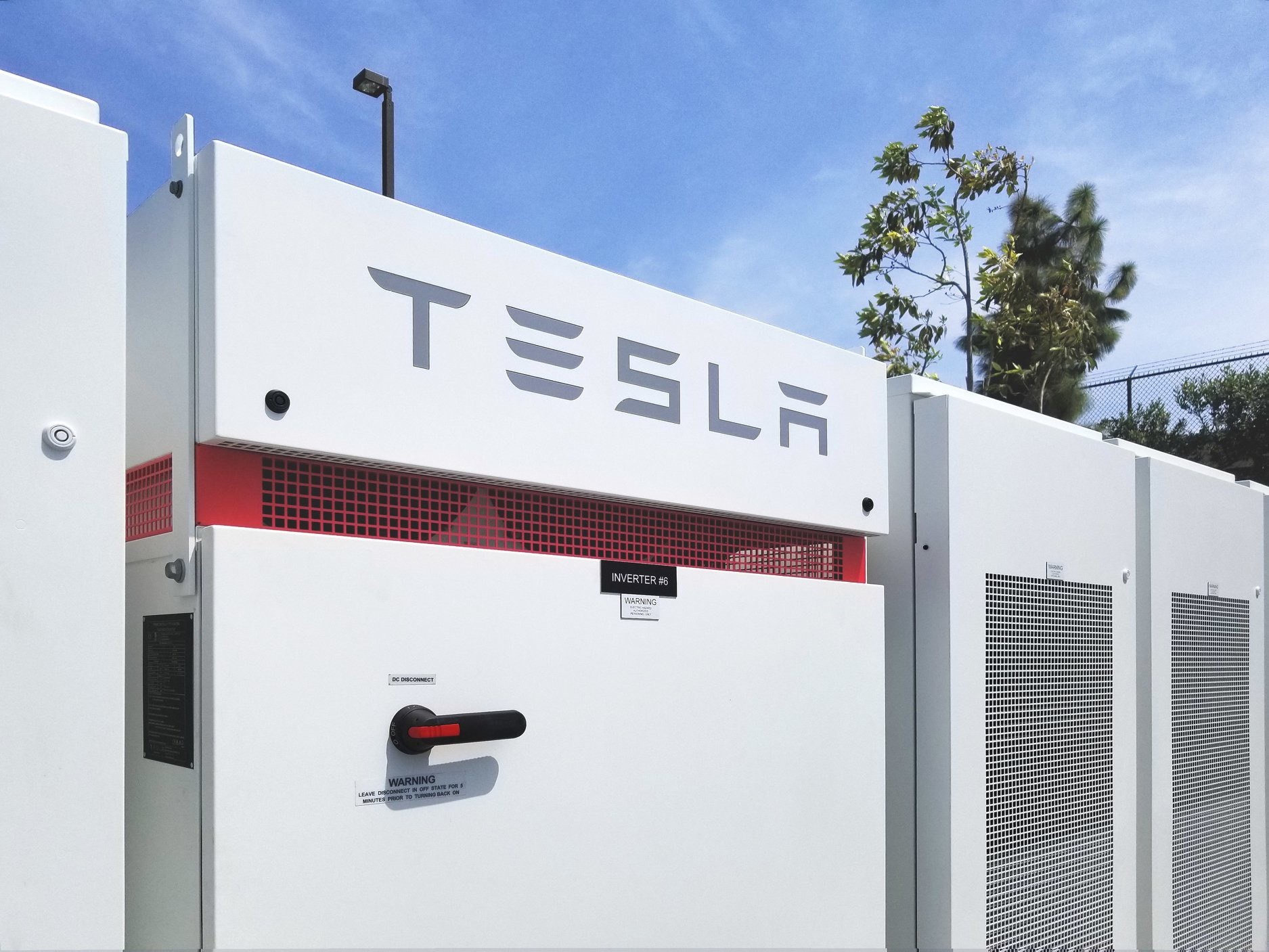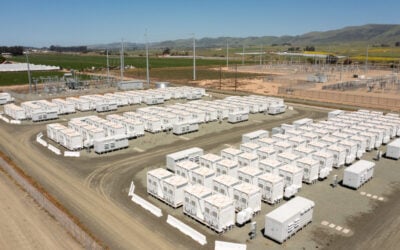
The ‘world’s first dedicated energy storage infrastructure fund’ will invest in California battery energy storage projects, with Macquarie set to sell 50% of a 340MWh tranche to the fund’s owner, SUSI Partners.
Switzerland-headquartered SUSI Partners is buying up half of the total 60MW/340MWh of projects, which are located in the western LA Basin. The projects are being designed, installed and deployed by Advanced Microgrid Solutions (AMS), a US provider of commercial and industrial (C&I) energy storage and AI-driven so-called ‘Hybrid Electric Buildings’.
Enjoy 12 months of exclusive analysis
- Regular insight and analysis of the industry’s biggest developments
- In-depth interviews with the industry’s leading figures
- Annual digital subscription to the PV Tech Power journal
- Discounts on Solar Media’s portfolio of events, in-person and virtual
In other words, rather than large or utility-scale front-of-meter energy storage systems supplying power, capacity and flexibility to the grid, dozens of interconnected medium-sized energy storage systems perform the task of a virtual power plant (VPP). AMS will continue to manage and operate 90 separate battery systems of which the 340MWh total portfolio will be comprised.
Energy-Storage.news reported in March that the first phase of deployments in that AMS virtual power plant (VPP) had supplied 2GWh of grid services in its first year (2018), with one analyst dubbing it an “impressive milestone”.
‘A critical enabler of California’s long-term energy transition policy’
AMS is “creating energy solutions and utilising software to effectively aggregate and dispatch them to provide grid services,” Julian Jansen, senior analyst at I.H.S Markit said, adding that much of the value lies in creating a combination, or “value or revenue stack” of services the battery systems can deliver. The projects were built through contracts with Southern California Edison, one of California’s main investor-owned utilities.
Having launched the Susi Energy Storage Fund in 2016, the finance group financed its first 12MW of projects that were in Ontario, Canada, later that year and then reached its first close for €66 million (US$73.85 million) in April the following year. Growing rapidly, final close was achieved at €252 million in June 2018.
In November 2017, Apricum Consulting’s Florian Mayr commented to this site that Susi had “clearly realised the high potential of the energy storage market for its institutional investors seeking attractive risk-adjusted returns in a rapidly growing infrastructure asset class that also contributes to the mitigation of climate change,” as the company financed that first 12MW and then committed up to almost US$100 million for C&I projects in Canada by developer NRStor.
“This is SUSI’s first investment in the US, one of the most mature markets for energy storage globally. The State of California is formally pursuing a target of 100% carbon-free electricity by 2045 and is thus one of the trailblazers for the energy transition,” Susi Partners CIO Marco van Daele said.
“We are thrilled with this transaction in light of the role the portfolio has as a critical enabler of California’s long-term energy transition policy and look forward to continue investing in the US market.”
Macquarie held further debt financing to get pipeline funded
Susi is buying the 50% stake from Macquarie’s own Green Investment Group, which is “focused on investing capital into development and construction of new Green Energy Infrastructure,” Macquarie Capital senior managing director and head of infrastructure and energy Americas, Rob Kupchak said.
A few days ago, Macquarie had said that it closed debt financing to fund a final 97MWh of the remaining 340MWh pipeline. Lending came from leader CIT Group, with Rabobank, Sumitomo Mitsui Banking Corp and ING. The behind-the-meter systems, at grid-constrained pockets of the basin, will add flexible and reserve capacity to the grid, help integrate solar and manage voltage on the local network, as well as tasks typically associated with BTM systems such as demand management, backup and power quality management. All of the 90 battery systems are sited or will be sited at commercial and industrial customer properties or local government and public buildings, while they are “substantially contracted for 10 years,” Susi Partners said in a release.







